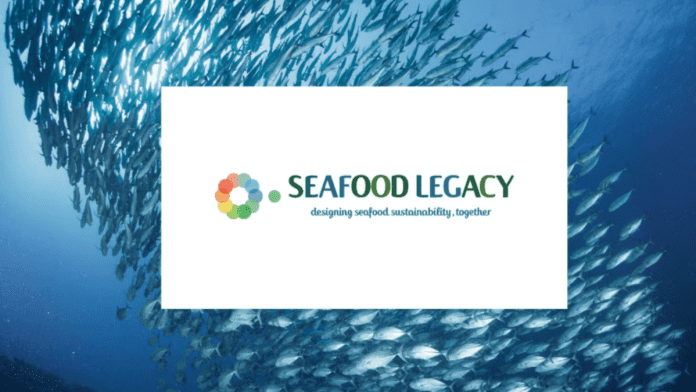News in Brief:
– Japan’s seafood industry is shifting towards sustainability, influenced by factors like the 2020 fisheries law and evolving consumer preferences.
– Seafood Legacy spearheads collaborative efforts to promote responsible practices, navigating challenges such as illegal fishing and labour rights concerns.
In the wake of a transformative fisheries law in 2020 and evolving consumer preferences, Japan’s seafood industry is undergoing a paradigm shift towards sustainability, a report says. Seafood Legacy, under the leadership of CEO Wakao Hanaoka, stands at the forefront, driving Japan-centric solutions for a more responsible seafood sector.
Traditionally, Japan lacked a concept of sustainability in its fisheries and seafood industry. However, the introduction of the United Nation’s Sustainable Development Goals and Tokyo’s hosting of the 2020 Olympic Games catalysed a shift. Companies, initially skeptical, now see sustainability as a collective journey rather than a forced agenda.
Seafood Legacy’s approach extends beyond individual initiatives, fostering collaboration among NGOs and businesses. By coordinating domestic and international efforts, it strengthens Japan’s non-governmental organisation (NGO) society, fostering a culture of shared objectives and collective progress.
COVID-19 had also introduced fresh challenges, prompting major seafood companies like Nissui and Maruha Nichiro to embrace sustainable practices. Concerns over Illegal, unreported and unregulated (IUU) fishing activities and labour rights have gained prominence, with companies seeking guidance on addressing these issues effectively.

Trilateral approach to transformation
While Japan has implemented stricter import controls, focusing on four key species, industry leaders advocate for broader measures to combat IUU fishing and uphold labour rights. The proactive stance of Japanese retailers reflects a growing commitment to responsible sourcing.
Seafood Legacy adopts a trilateral strategy encompassing market transformation, financial engagement, and policy reform. By engaging major financial institutions and advocating for policy changes, the organisation drives systemic change within Japan’s seafood sector.
Its impact extends beyond Japan’s borders. Recognising the interconnectedness of global seafood markets, the organisation aims to leverage Japan’s influence to promote sustainability worldwide. The model’s success in Japan serves as a blueprint for fostering change in other regions.
As Seafood Legacy commemorates its 10-year anniversary, it reflects on a decade of collaborative efforts and looks ahead to shaping a sustainable future. Industry giants like Maruha Nichiro and Nissui exemplify a collective commitment to responsible practices, inspiring the entire sector.



